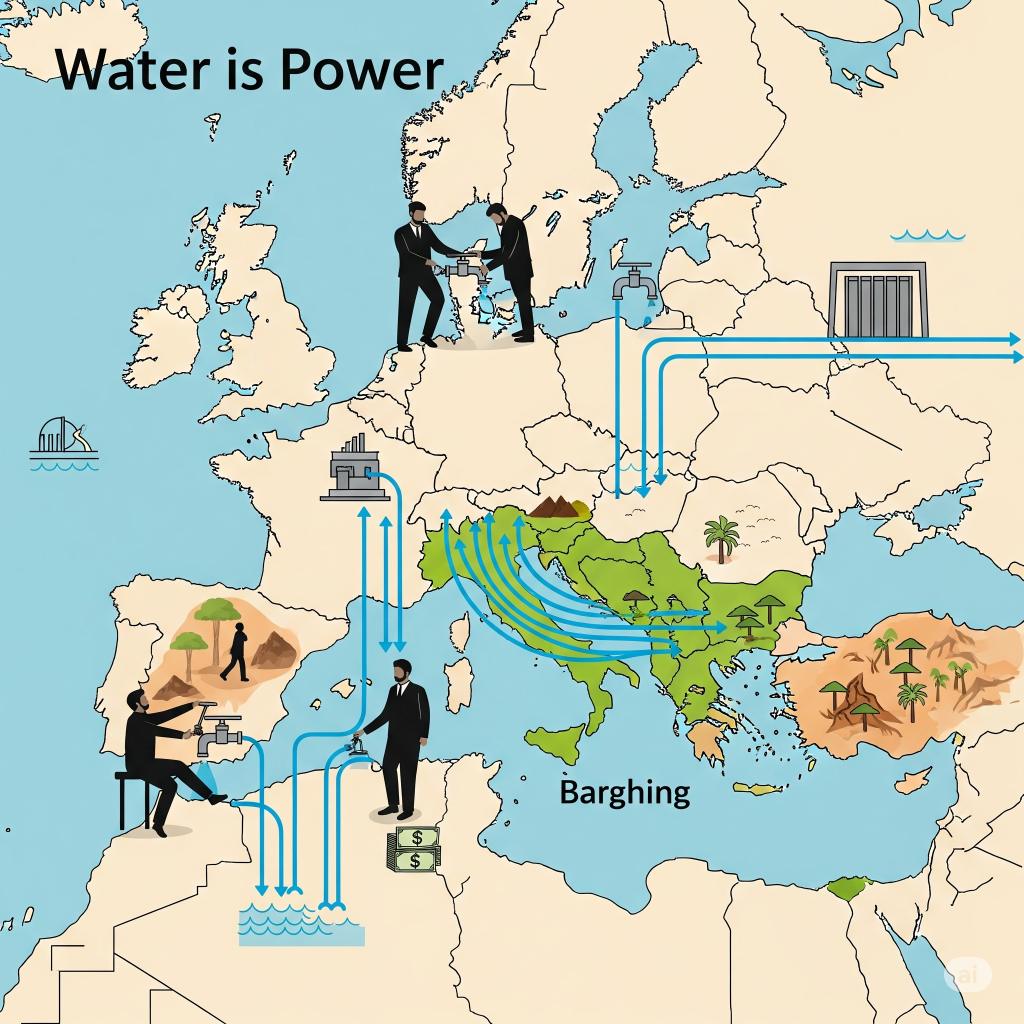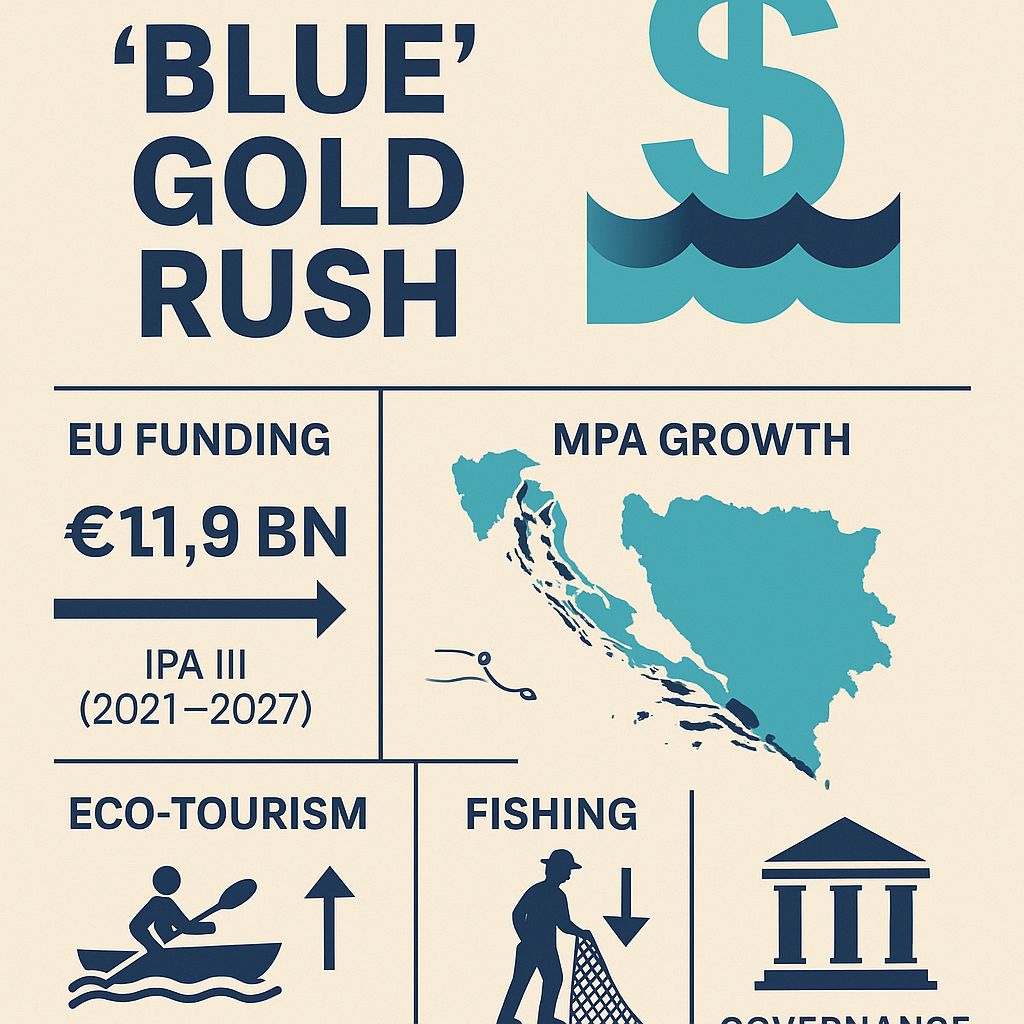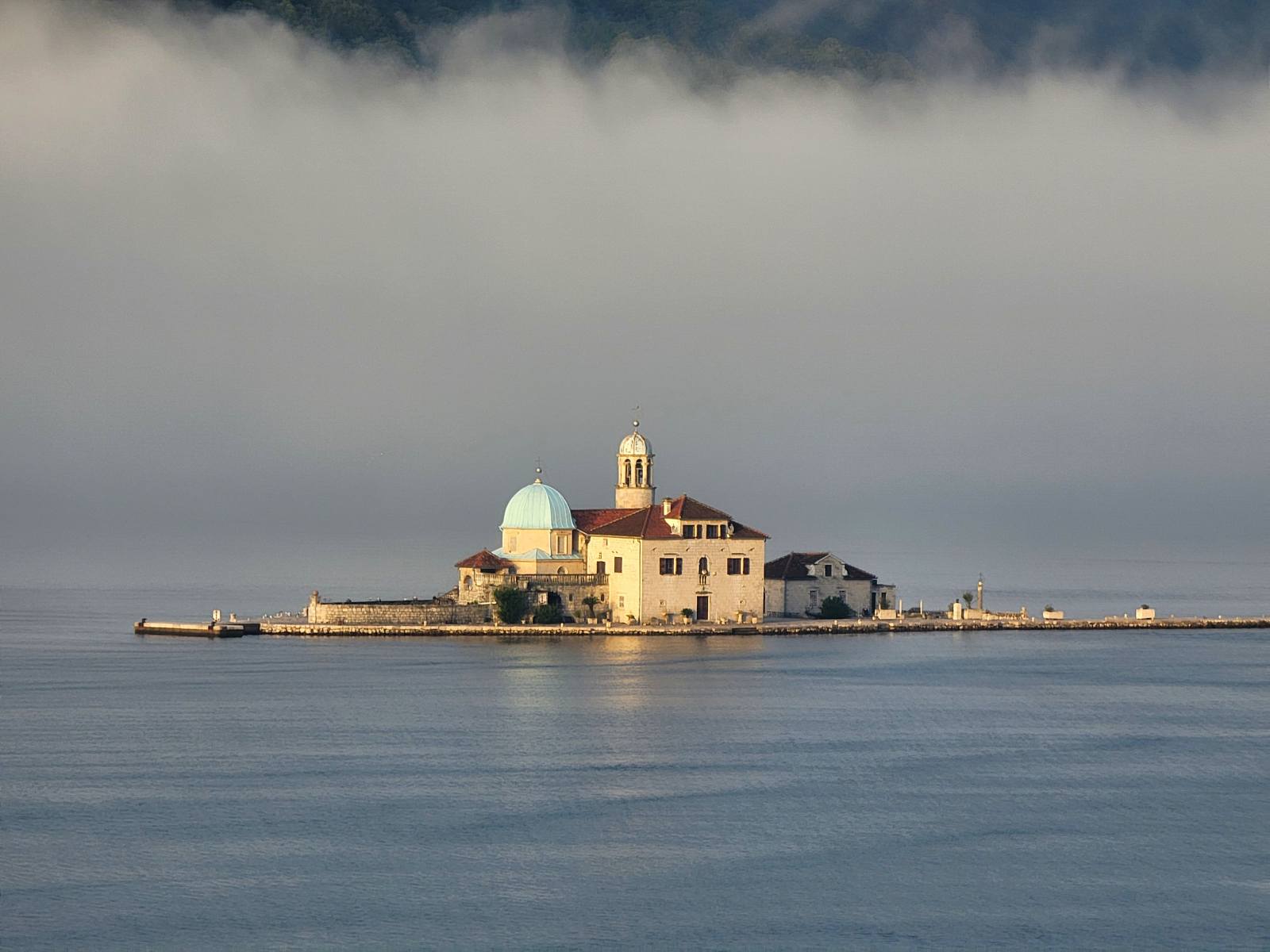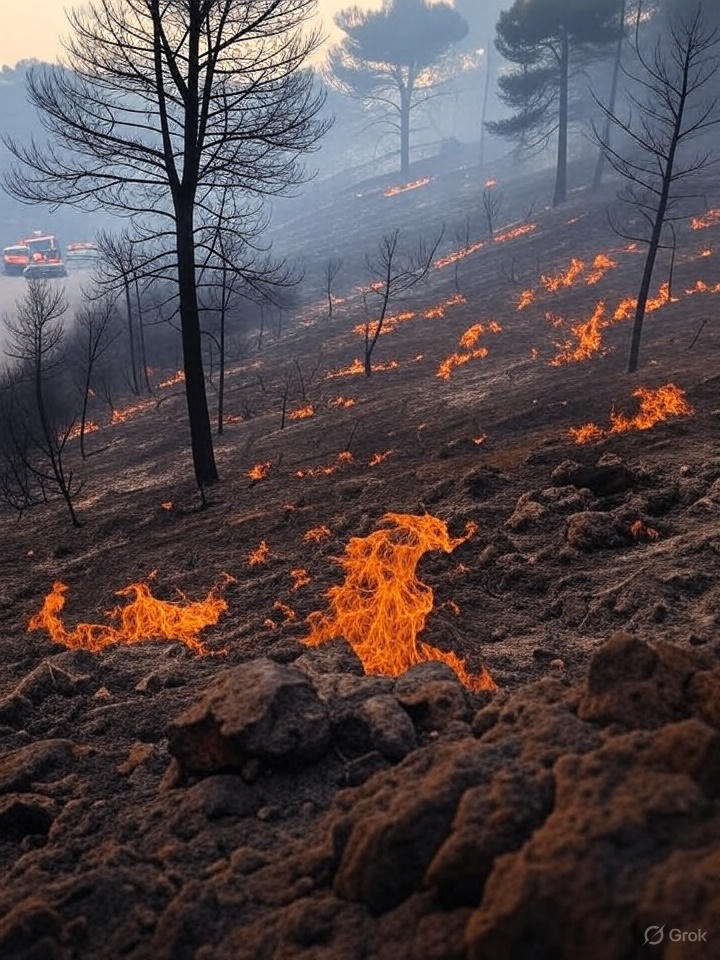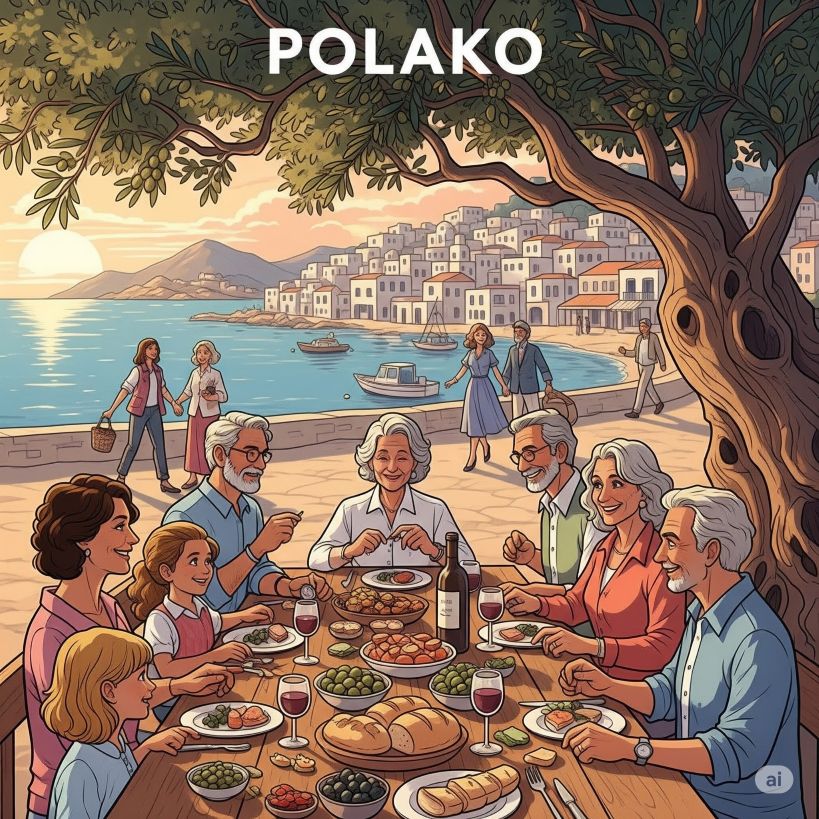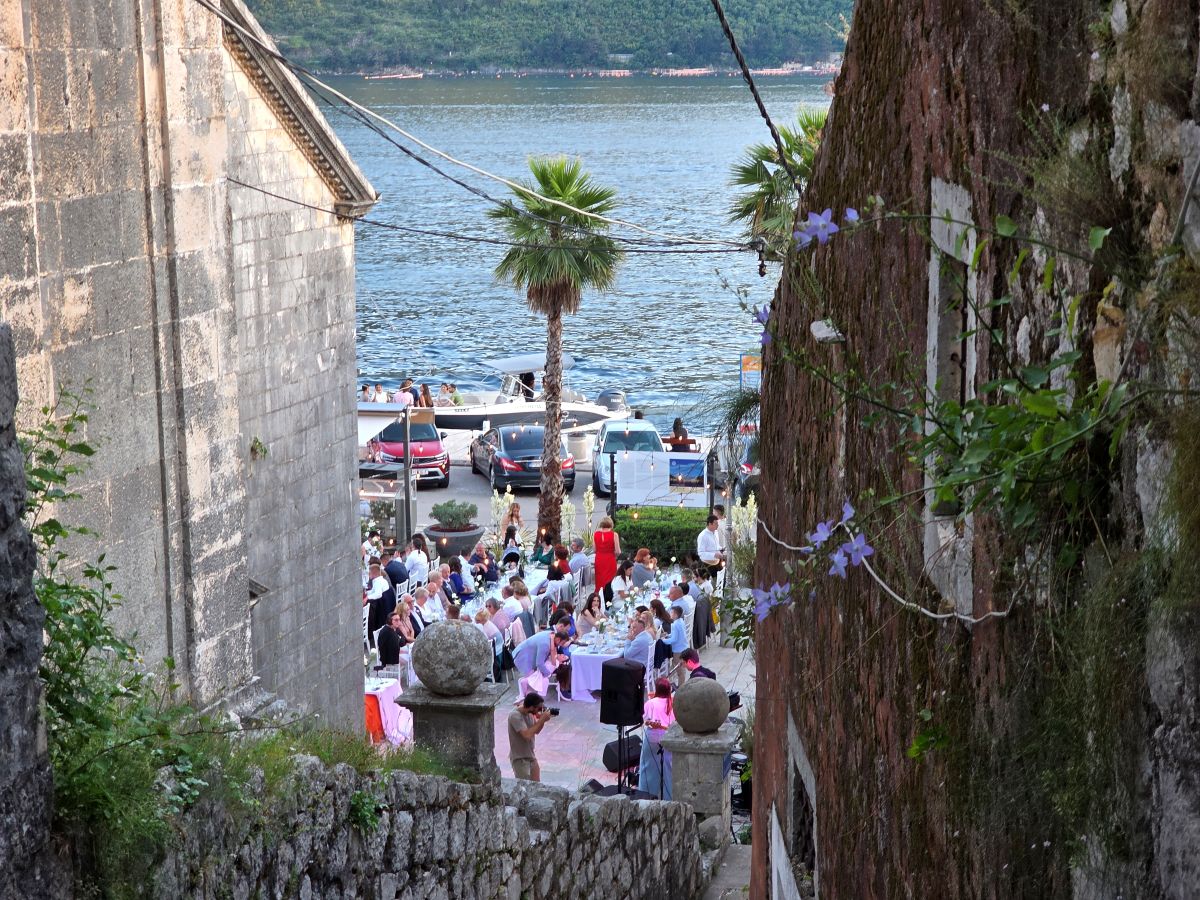
Top 5 Cities to Live in the Adriatic Region: Coastal Charm Meets Modern Living
Discover the Adriatics most desirable cities for residents and expats. Split, Kotor, Tirana, Trieste, and Ancona combine stunning coastal settings, rich history, contemporary amenities, and competitive living costs—offering ideal lifestyles whether you seek Mediterranean tranquility or urban energy.
